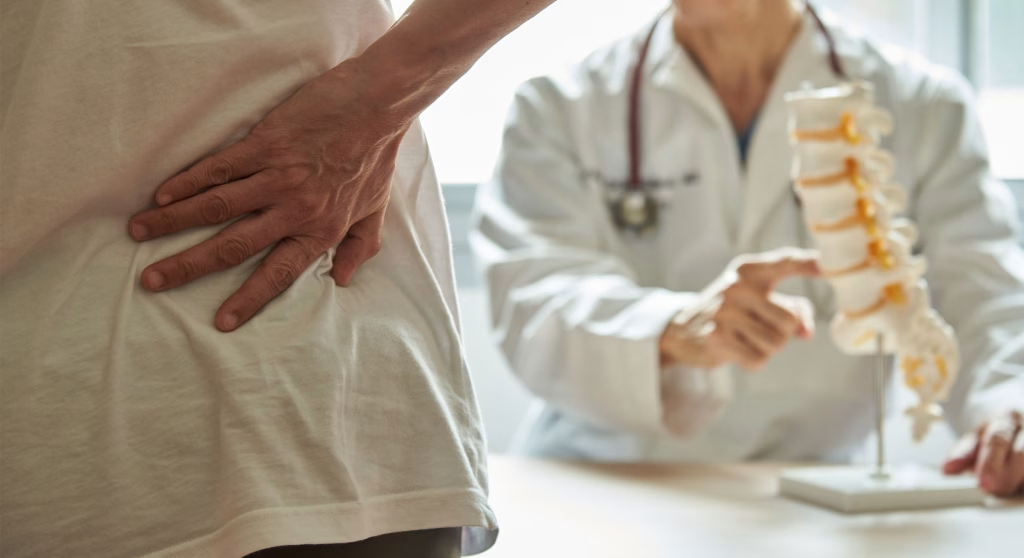
Why Your Gut Health Is Key to Stronger Bones.
At InsureSPR Health, we believe in a holistic approach to well-being. South Africans are increasingly aware of the need to care for both digestive health and bone health, but did you know these two systems are directly connected?
Recent studies show that maintaining a healthy gut may be one of the most effective ways to prevent osteoporosis, support immune health, and ensure optimal nutrient absorption. Let’s unpack the science—and give you practical tips to protect both your bones and your belly.
How Gut Health Affects Bone Density
1. Nutrient Absorption Begins in the Gut
Your digestive system is responsible for absorbing key nutrients like:
- Calcium (for bone strength),
- Magnesium (for bone structure and nerve function),
- Vitamin D (for calcium absorption),
- Phosphorus (a structural bone mineral).
Digestive issues such as IBS, celiac disease, Crohn’s disease, or frequent acid reflux (especially when treated with chronic antacids) can reduce your ability to absorb these vital nutrients, potentially weakening your bones.
2. Gut Microbiome and Bone Health
The gut microbiome—home to trillions of bacteria—helps:
- Reduce inflammation,
- Improve mineral absorption,
- Regulate hormones that influence bone growth.
In fact, certain gut bacteria produce short-chain fatty acids (SCFAs) that can stimulate bone-building cells and reduce bone resorption (breakdown).
3. Chronic Inflammation and Bone Loss
Poor gut health often results in “leaky gut”, leading to inflammation throughout the body. This inflammation can activate osteoclasts—the cells responsible for breaking down bone—thereby increasing your risk for osteopenia and osteoporosis.
Nutrients That Support Both Gut and Bone Health

For South Africans aiming for comprehensive wellness, these nutrients are essential:
| Nutrient | Role in Bone & Gut Health | Food Sources in South Africa |
|---|---|---|
| Calcium | Builds bones, supports gut muscles | Dairy, sardines, spinach |
| Vitamin D | Enhances calcium absorption | Sunlight, eggs, fortified cereals |
| Magnesium | Bone matrix formation, gut motility | Avocados, nuts, legumes |
| Prebiotics | Feed good gut bacteria | Bananas, onions, whole grains |
| Probiotics | Improve digestion and mineral uptake | Amasi, kefir, yoghurt |
| Vitamin K2 | Directs calcium to bones | Fermented foods like natto, cheese |
Lifestyle Tips to Strengthen Bones and Heal the Gut
At InsureSPR Health, we encourage these holistic habits:
- Eat a diverse, plant-rich diet
Support gut bacteria with fibre from legumes, fruit, and whole grains. - Add fermented foods to your meals
Foods like maas (amasi), sauerkraut, and kefir help repopulate the gut with healthy microbes. - Exercise regularly
Weight-bearing workouts like walking, resistance training, or dancing help build bone density and enhance digestive regularity. - Limit processed and sugary foods
These can disrupt gut flora and increase inflammation. - Stop smoking and reduce alcohol
Both can contribute to poor bone mineral density and microbiome imbalance. - Manage stress levels
Chronic stress affects digestion and bone-building hormones. Try yoga, deep breathing, or outdoor activities.
🩺 What South Africans Should Know
Bone diseases such as osteoporosis and digestive issues like IBS and acid reflux are rising in South Africa due to urban diets and sedentary lifestyles. InsureSPR Health is committed to helping you stay proactive with wellness strategies that support your bones, gut, and overall vitality.
Explore our Wellness Plans for personalised health support and prevention-focused care.
Final Thoughts: Gut and Bone Health Go Hand-in-Hand
A healthy gut does more than aid digestion—it’s crucial for strong bones, reduced inflammation, and long-term health. By nourishing your microbiome and staying active, you can lay the foundation for lifelong strength and resilience.
✅ For more expert insights, tips, and insurance-backed health solutions, visit InsureSPR Health.
References
- Tyagi AM, et al. “The microbial metabolite butyrate stimulates bone formation…” Immunity (2018).
- Weitzmann MN & Pacifici R. “Estrogen deficiency and bone loss: an inflammatory tale.” JCI (2006).
- Rude RK & Gruber HE. “Magnesium deficiency and osteoporosis.” J Nutr Biochem (2004).
- Jansson PA et al. “Probiotic treatment for lumbar spine bone loss…” Lancet Rheumatology (2019).

